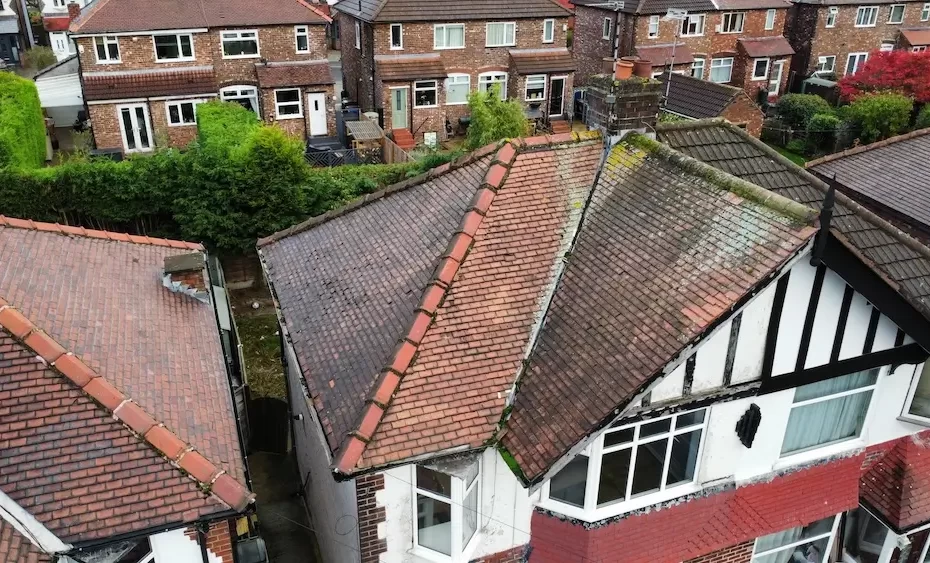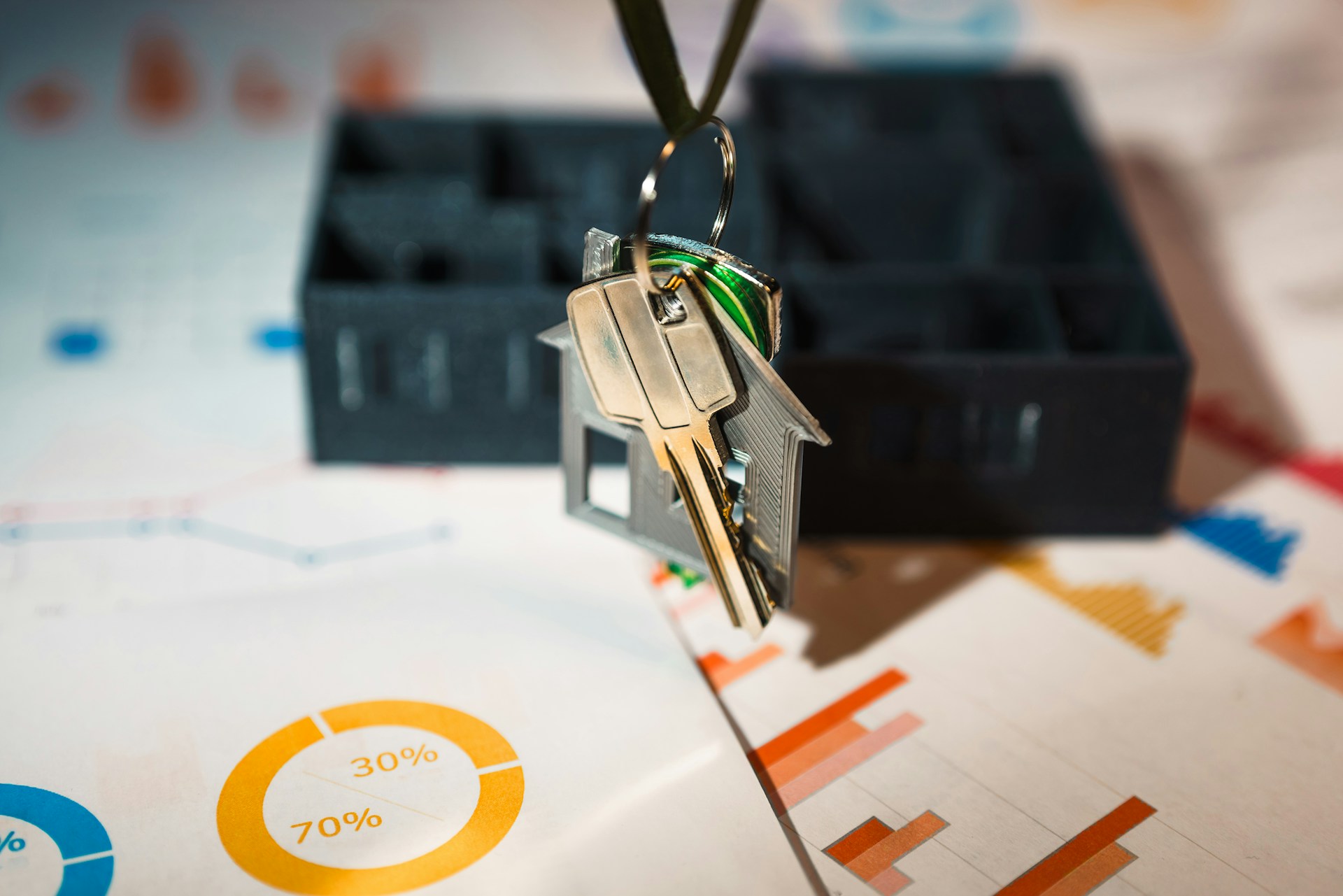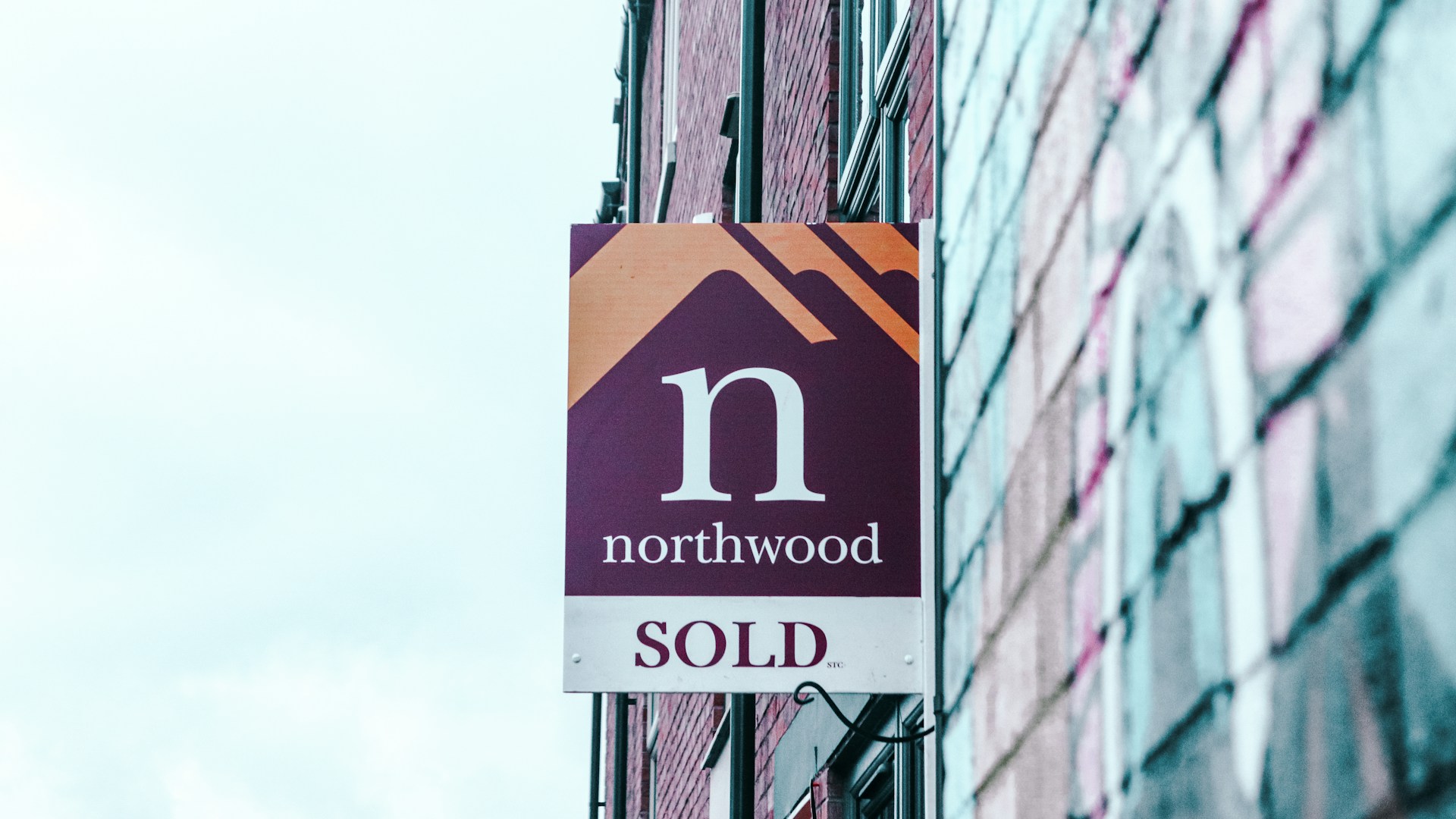Determining the market value of a home is an essential step for many of us, whether we are considering selling, refinancing, or simply aiming to understand our investment better. One of the most reliable ways to understand this is through a property valuation; a comprehensive examination of your property conducted by an RICS-registered surveyor. They assess the property’s dimensions, layout, and any physical attributes or defects that may influence its value.
During the valuation process, which can be included in a property survey, the surveyor reviews current market trends, comparable property prices, and other important economic indicators. This amalgamation of physical assessment and market analysis provides us with a detailed insight into your home’s value. It’s important to ensure that you engage a qualified surveyor who is recognised by a professional body (such as the Royal Institution of Chartered Surveyors) to ensure the valuation’s accuracy and credibility.
Having an up-to-date valuation can be particularly helpful if we’re planning home improvements, contesting property taxes, or settling legal matters. It equips us with a clear view of what our house might command on the open market, beyond mere speculation or the sometimes volatile estimates found online. Accurate knowledge of our home’s value assists us in making informed decisions about our property’s future.
How Do I Find Out The Value Of My House?
Before we dive into the specifics, it’s important to recognise that property valuation is a systematic approach used to determine the current market value of a home based on various influencing factors.
Finding the Value of the House
When we consider property valuation, we’re fundamentally looking at a professional assessment that calculates the market value of your house. A surveyor typically performs the process, comparing your property against recent sales of similar properties in the area. It’s vital to remember that the market value is what a buyer is willing to pay under normal conditions, which may differ from the listed price.
- Formal Valuation: Engaging a licensed valuer results in a formal document, often required by lenders.
- Desktop Valuation: Based on database information, offering a quicker, less detailed estimation.
Factors Influencing Property Value
You might be wondering: “How can I find out the value of my house?” Several key elements impact the value of our property. These range from broad economic conditions to the specific characteristics of our house.
- Location: The proximity to amenities, schools, and transport links.
- Property Size: Including the total land area and the square footage of the buildings.
- Age and Condition: Newer homes might fetch a higher value, but a well-maintained older property might too.
- Market Conditions: Reflecting current economic health, buyer demand, and interest rates.
- Comparable Sales: Prices of recently sold nearby properties with similar features.
It’s crucial we understand that these factors are intertwined; a change in one can significantly affect the overall valuation.
Property Surveys to Check the Value of a House
Property surveys are crucial investigations detailing the hidden defects of your new home. They provide an in-depth analysis of the property, highlighting any significant issues.
Types of Property Surveys to Determine House Value
- Condition Report (Level 1 Home Survey): A basic overview of the property’s condition.
- HomeBuyer Report (Level 2 Home Survey): A more detailed survey, investigating things like structural issues and damp.
- Building Survey (Level 3 Home Survey): The most detailed survey available, providing further advice on repairs and maintenance.
Each type serves a specific purpose and can provide different levels of detail on the condition of a house.
How Surveys Affect Valuation
Our property’s value can be significantly influenced by its physical characteristics. A precise survey can identify:
- Significant Defects: Such as roofing problems, structural issues, or damp.
- Advice on further costs: Providing detailed advice on the cause and repair of defects which could cost significant amounts of money.
Executing a Property Survey
When undertaking a property survey, we need to ensure the process is thorough and the information we gather is accurately reflected in the final report. This will be key in determining the market value of a home.
Preparing for a Survey
Before we initiate a survey, there are several critical steps you should take to guarantee it proceeds smoothly. First, you’ll want to select a qualified surveyor who’s experienced in residential properties. Securing the right professionals, like the team here at Survey Hut, is paramount.
- Choose a Licensed Surveyor: Look for someone accredited by the Royal Institution of Chartered Surveyors (RICS).
- Schedule the Survey: Coordinate with the surveyor for a suitable date and time.
- Document Preparation: The seller should gather all necessary documents such as any planning, building regulation, and maintenance documents or prior survey reports.
- Access Arrangements: The seller should ensure the surveyor can access required areas of the property without obstruction.
Interpreting Survey Results
Once the survey is complete, it’s essential we understand what the findings indicate. The survey results can provide us with detailed insights into the property’s condition.
- Reading the Report: Review the survey report thoroughly, noting any areas of concern highlighted.
- Identifying Defects: Pay attention to any structural defects or repairs that may affect the property’s value.
- Valuation Assessment: The survey can also provide a market valuation based on the property’s condition and local market trends.
Negotiating Based on Survey Results
When you’re armed with the results of a property survey, you are in a strong position to negotiate the house price. A thorough survey can uncover issues that may affect the property’s value. Here’s how you can use the information to your advantage:
1. Identify Key Issues:
- We’ll list the significant defects or repairs in the survey report.
- These could include structural issues, roof repairs, or rising damp.
2. Quantify Repair Costs:
- You should get quotes from contractors to understand the financial implications.
3. Communicate with the Seller:
- You should discuss the problems with the seller, using the survey and quotes as evidence.
- It’s important to be transparent and factual, stating how these issues reduce the market value of a home.
4. Adjust offer accordingly:
- Based on our findings, you might adjust your offer.
- If the seller agrees to fix the issues, ensure this is reflected in the contract.
5. Consider Walking Away:
- If negotiations stall and you feel the investment is not sound, it’s okay to consider other options.
By handling the negotiation with facts and figures, you can aim for a fair purchase price that reflects any additional costs you may incur post-purchase. Although, we are not advocating that you should always negotiate the price of a property if defects are found. You will need to take into account the purchase situation and make a decision accordingly.
Get in touch with Survey Hut today for a comprehensive Level 2 or Level 3 Home Survey. We are held to the highest professional standards by the RICS, so you know that you’ll get a high-quality report. Make sure your perfect home, is perfect.
Sharing is caring!
Sharing is caring!



